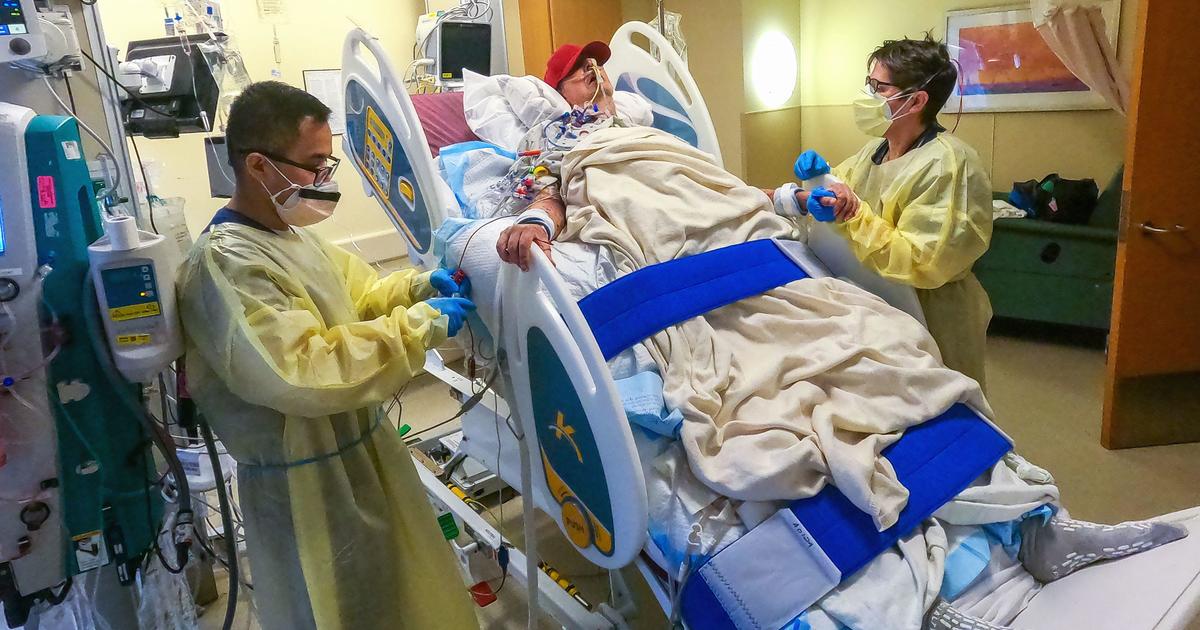Last year, University of Maryland surgeons made history by transplanting a gene-edited pig heart into a dying man who was out of other options. He survived only two months before the organ failed for reasons that aren’t fully understood but that offer lessons for future attempts. Now, the Food and Drug Administration is considering whether to allow some small but rigorous studies of pig heart or kidney transplants in volunteer patients.



Yeah I can understand that, but honestly if a psychiatrist can sign off on them being cognizant of themselves and not in an altered or unstable state, I don’t see any reason why a patient shouldn’t have experimental options like this.
I think the notion of someone who’s dying being persuaded, by death, to be a lab rat is terrible and/or manipulative is kind of silly. Wanting to live longer is a pretty normal and rational desire by itself . Although an over concern with death can be unhealthy especially mentally, if you are actively dying that concern is pretty normal.
Wanting to live longer might not even be because of fear of death for a person, they could just want to spend more time with their family or something of that sort.
I feel as though, if you’re deeply morally opposed to being a scientific lab rat, you’ll choose to just go out naturally whether you are scared or not. There are people who turn away chemotherapy when they have cancer, Steve Jobs for example.
I personally would take any experimental medicine I could if I could, read their thesis paper, talk to the researchers about the plan and then decide whether I’m interested.
There is the element of “my death will give the data to prevent the deaths of others” that you’re missing. You’re forgetting altruism.